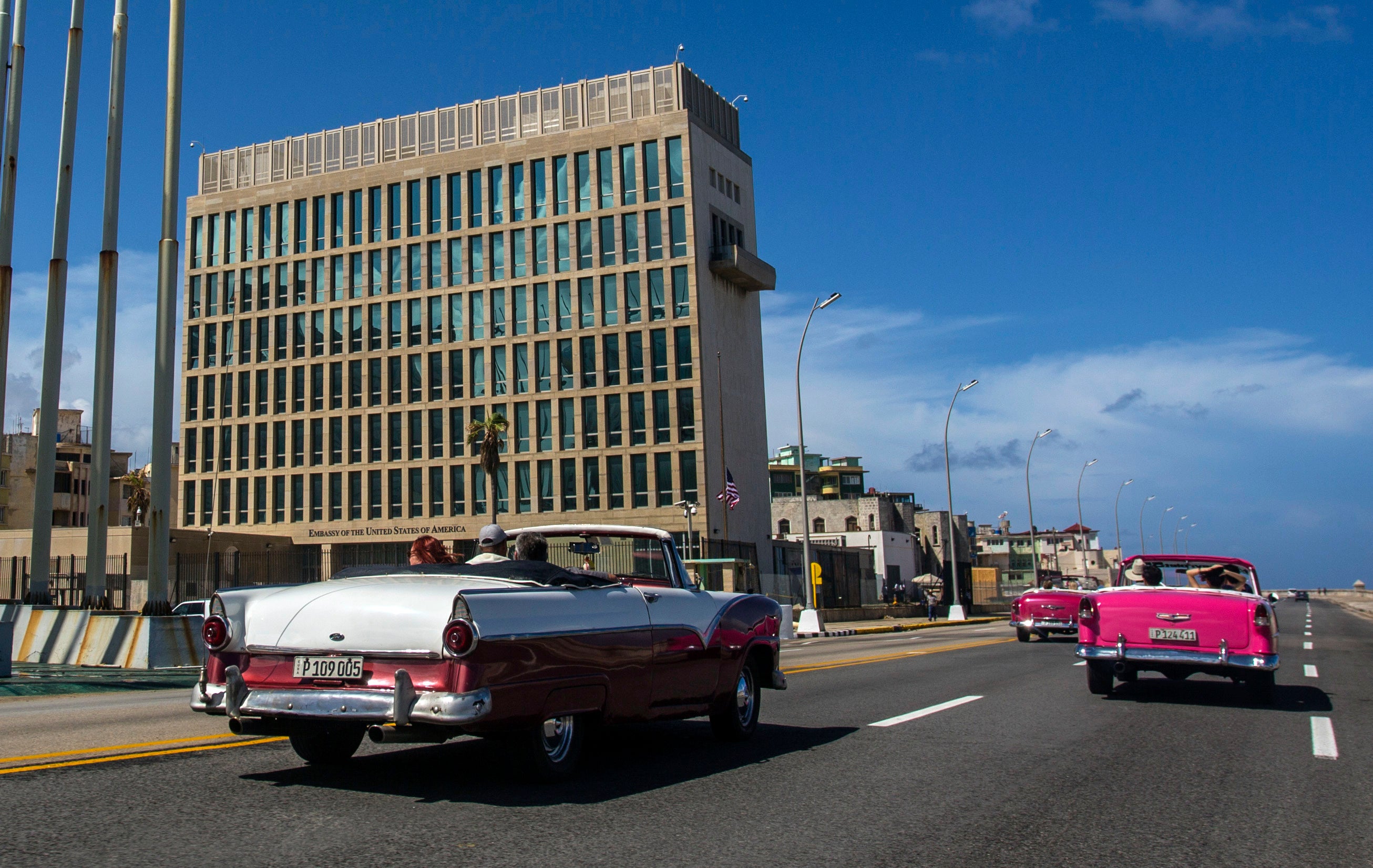Intel agencies: No sign adversaries behind 'Havana syndrome'
U.S. intelligence agencies say they cannot link a foreign adversary to any of the incidents associated with so-called “Havana syndrome,” the hundreds of cases of brain injuries and other symptoms reported by American personnel around the world

Your support helps us to tell the story
From reproductive rights to climate change to Big Tech, The Independent is on the ground when the story is developing. Whether it's investigating the financials of Elon Musk's pro-Trump PAC or producing our latest documentary, 'The A Word', which shines a light on the American women fighting for reproductive rights, we know how important it is to parse out the facts from the messaging.
At such a critical moment in US history, we need reporters on the ground. Your donation allows us to keep sending journalists to speak to both sides of the story.
The Independent is trusted by Americans across the entire political spectrum. And unlike many other quality news outlets, we choose not to lock Americans out of our reporting and analysis with paywalls. We believe quality journalism should be available to everyone, paid for by those who can afford it.
Your support makes all the difference.U.S. intelligence agencies cannot link a foreign adversary to any of the incidents associated with so-called “Havana syndrome,” the hundreds of cases of brain injuries and other symptoms reported by American personnel around the world.
The findings released Wednesday by U.S. intelligence officials cast doubt on the longstanding suspicions by many people who reported cases that Russia or another country may have been running a global campaign to harass or attack Americans using some form of directed energy.
Instead, officials say, there is more evidence that foreign countries were not involved. In some cases, the U.S. detected among adversarial governments confusion about the allegations and suspicions that “Havana syndrome” was an American plot. Two officials familiar with the assessment briefed reporters Wednesday on condition of anonymity, under ground rules set by the U.S. Director of National Intelligence.
Investigators reviewed roughly 1,500 cases in 96 countries. In some instances, personnel who were part of the investigation were on the ground in places while new reports of possible Havana syndrome cases came in.
Seven U.S. agencies participated in a multi-year investigation.